
by Joe Bunting and Ruthanne Reid |
Plot has a specific structure. It follows a format that sucks readers in; introduces characters and character development at a pace guaranteed to create fans; and compels readers to keep reading in order to satisfy conflict and answer questions.
Do you want readers to love your story? (Who doesn’t, am I right?) Then you need to understand plot.
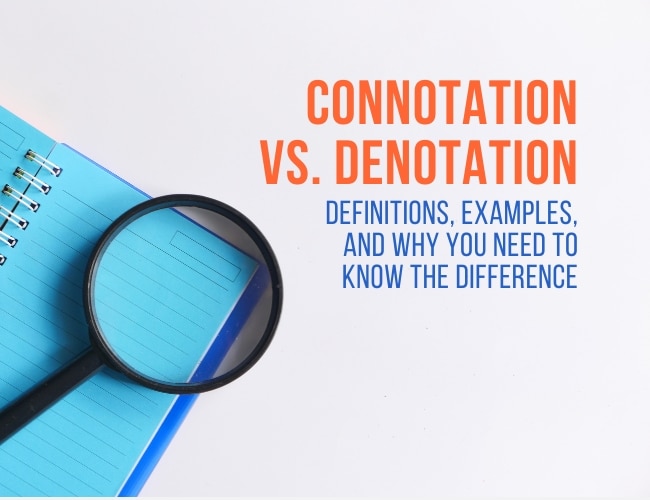
by Liz Bureman |
“The difference between the right word and the almost right word is the difference between lightning and a lightning bug.” —Mark Twain
One of the best parts about writing is the fact that you get to pick your words. And we have so many words to choose from! Literally tens of thousands of beautiful words flitting through space, just waiting for you to pinpoint exactly which one to use to describe your protagonist, setting, or climactic scene. However, despite the fact that you have seemingly unlimited options when it comes to word choice, the meaning that you’re trying to express may narrow your selection significantly.
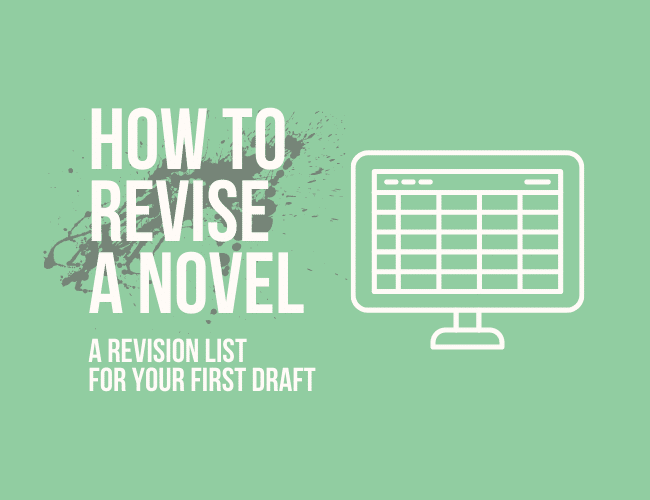
by J. D. Edwin |
Finishing a first draft is a huge deal. If you just accomplished this, be proud of yourself! At the same time, you might be wondering how to revise a novel after that first draft is done. There’s a lot of advice out there. Which do you listen to?
The revision process doesn’t have to be complicated. However, you might feel—especially if this is your first completed draft ever—intimidated to edit your book. There’s a lot of words and scenes to review. Where do you begin?
In this article, I’d like to share how I took a daunting editing process and created a simplified, concise, and clear strategy to revising your first draft. I do this with what I call a Revision List—a table with five columns that can help you simplify big ideas.
If you’re like me, you won’t ever want to edit a first draft without it!
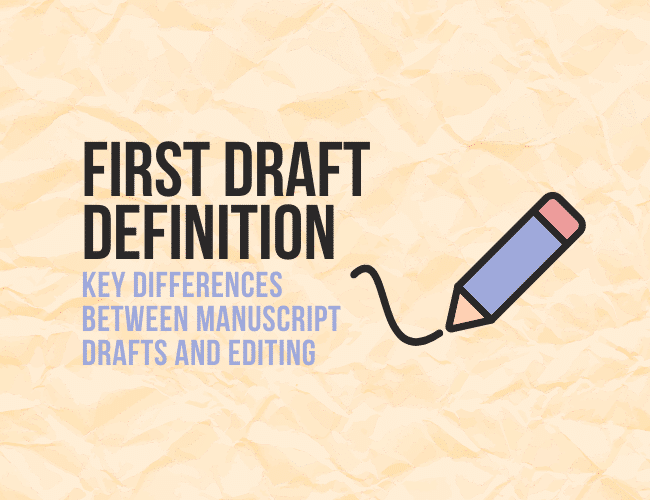
by Callie Sutcliffe |
Have you ever wondered which draft you are working on? Do you wonder what the difference is between your first draft, your second draft, and editing your book? You can learn the first draft definition and the differences between drafts in this article.
When writing multiple drafts of a book, you may be halfway through your rough draft and decide to start over. Or you may have written the entire manuscript, but then wish to scrap it and start fresh.
And when considering this, you question: “Am I writing a first draft? Am I editing my novel?”
What does “first draft” mean—or “second draft,” for that matter?
Knowing the differences between first drafts, second drafts, and editing your book will elevate your ability to tackle the writing and editing process. It will help you understand what to focus on when you’re writing—and have fun while you do it!
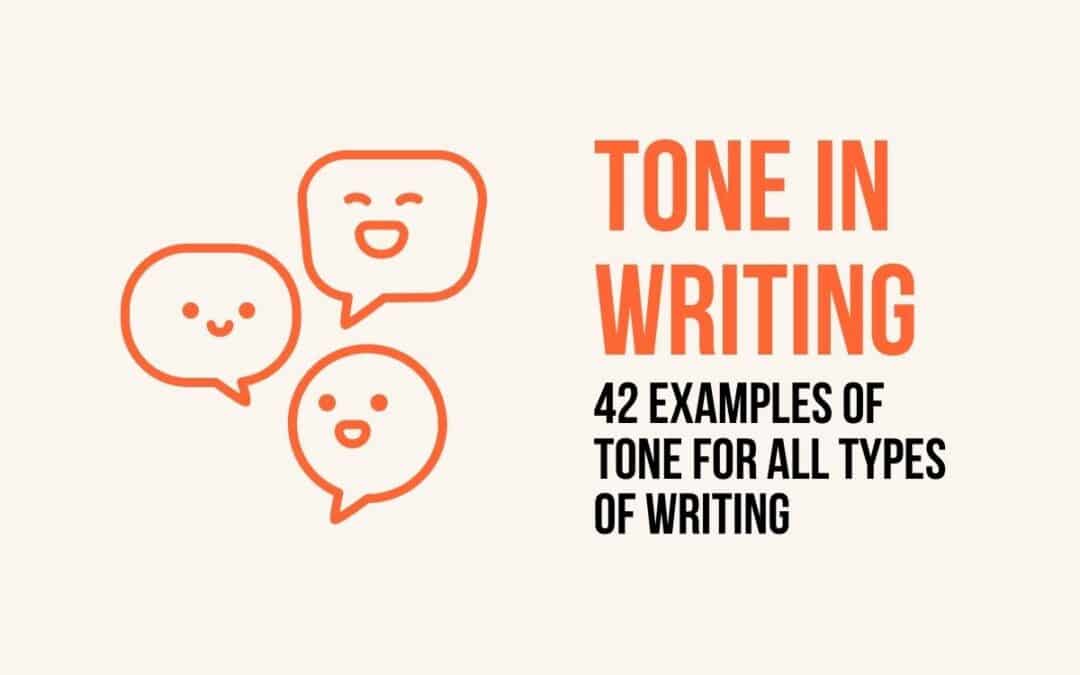
by Joe Bunting |
Tone in writing refers to both the writer’s feelings and attitude towards the subject and the audience and how those feelings are expressed. Tone is one of the elements of writing, and writers convey their tone through word choice and syntax. Like tone of voice, it helps set the mood of the writing piece and influences the reader interpretation.
Examples of tone can be formal, informal, serious, humorous, sarcastic, optimistic, pessimistic, and many more (click here for all forty-two examples)
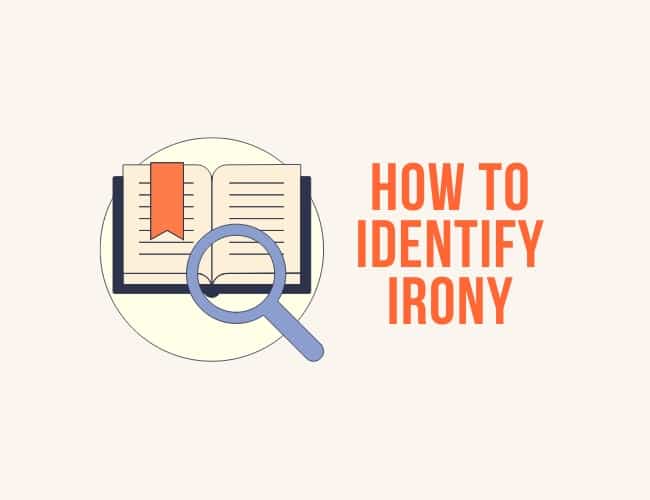
by Robert Harrell |
Irony is one of those literary devices that you feel before you know how to talk about it. Irony is the difference between what you expect and what happens. But what does that mean and can you learn how to identify irony? Let’s learn about irony today.








